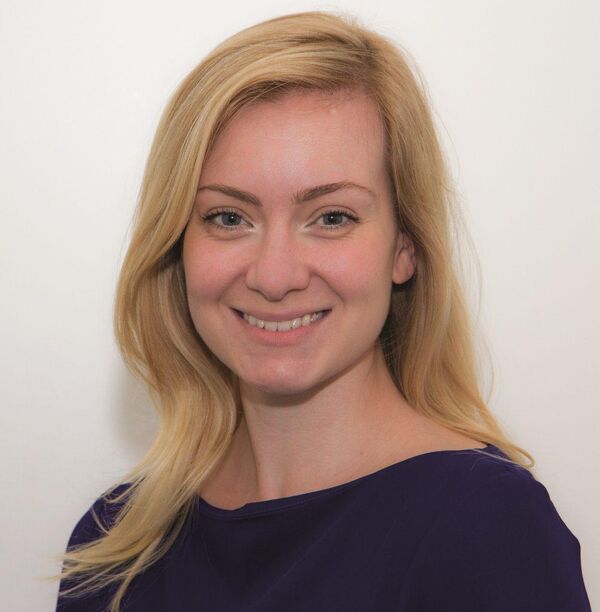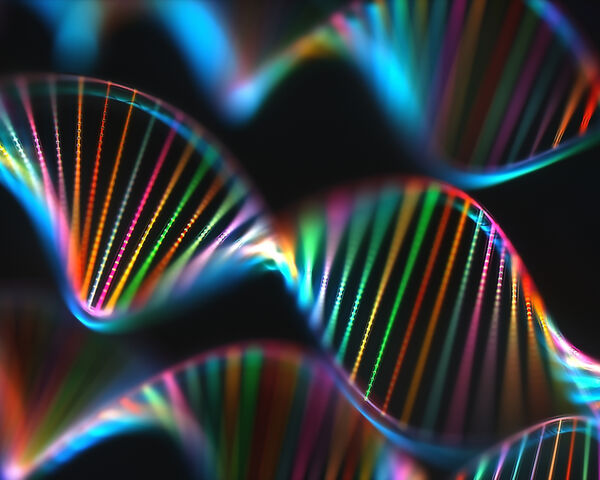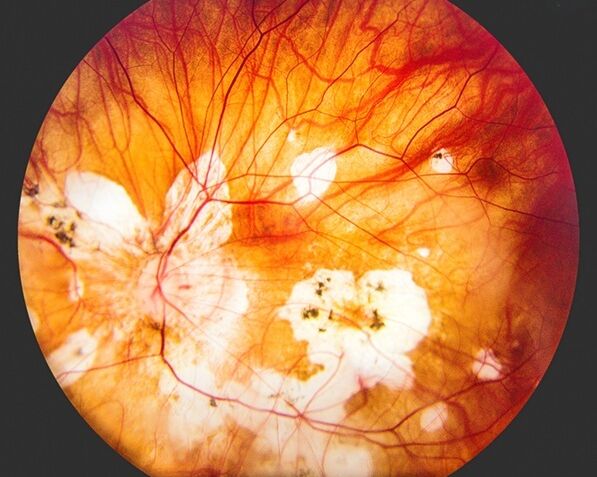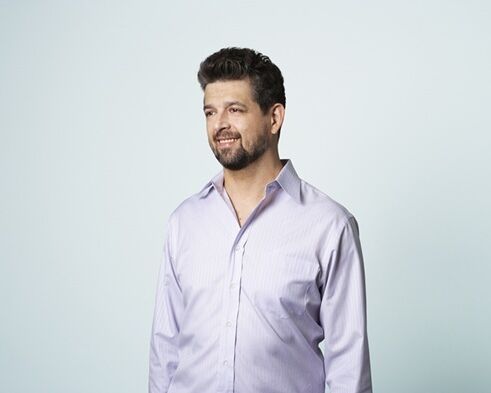Undiagnosed Children’s Day 2021: Baroness Nicola Blackwood shares her own diagnostic odyssey

I was an undiagnosed child once. I know what it feels like to spend years getting really ill but no one really knowing what was wrong. On average in the UK it takes 4-7 years to diagnose a rare disease – for many rare disease patients it is much longer.
I went through the ups and downs (mainly downs) of the diagnostic odyssey – referral to referral, specialist to specialist. I knew the frustration at not receiving a proper answer and knew the pain of not receiving proper treatment. I was also an undiagnosed adult, until a specialist gave me a diagnosis in 2013, after 30 years of not knowing what was wrong. This began a new process of trial and error as my clinicians developed my treatment plan. That plan is not fool proof. I still have the odd bad day. But a diagnosis is an answer, and an answer can be everything to someone who has never received one.
Sadly, my experience is not uncommon. Nearly 6,000 children are born in the UK each year with a syndrome without a name. They and their families can go years, sometimes lifetimes without a diagnosis and without the treatment they desperately need.
I often think of how I’d fare as a child with my illness in today’s healthcare system. As a child I was lucky enough to benefit from our world-leading NHS, which makes me luckier than some, but there were none of the personalised medicines or targeted therapies that are increasingly available today thanks to the expertise of organisations like Genomics England. I am not saying genomic medicine is the silver bullet, but it is a lifeline to many children and their families whose lives are impacted by rare diseases.
Look at the 100,000 Genomes Project, which is delivering life-changing results for patients, with 1 in 4 participants with rare diseases receiving a diagnosis for the first time. These are more than just statistics, these are little girls like Jessica. Jessica had a rare condition that caused epilepsy and affected her movement development. After having her genome sequenced, researchers identified ‘Glut 1 deficiency syndrome’, and Jessica’s doctors recommended her a specific diet to help her manage her control her epilepsy. I am proud to say there are more and more participants receiving tailored treatments every month.
Building on the success of the 100,000 Genomes Project, NHS England launched the Genomic Medicine Service (GMS), making our country the first in the world to integrate genomic technologies, including whole genome sequencing, into routine clinical care. Going forward, this will mean children like Jessica who are likely to have a rare genetic disorder and who haven’t yet been diagnosed will be offered whole genome sequencing under the GMS. We hope that this will bring an end to the diagnostic odyssey faced by so many ill children and their families.
This means there is cause to be hopeful today on Undiagnosed Children’s Day, but we can’t be complacent. Thousands are born every year with an unknown condition – we at Genomics England are working towards making that number zero, for every child with a rare disease to receive a diagnosis, a personalised treatment plan and for their lives to be improved. As we mark Undiagnosed Children’s Day, we’re reminded of who that work is for and the impact it can make.
Baroness Nicola Blackwood of North Oxford is Chair of Genomics England.


